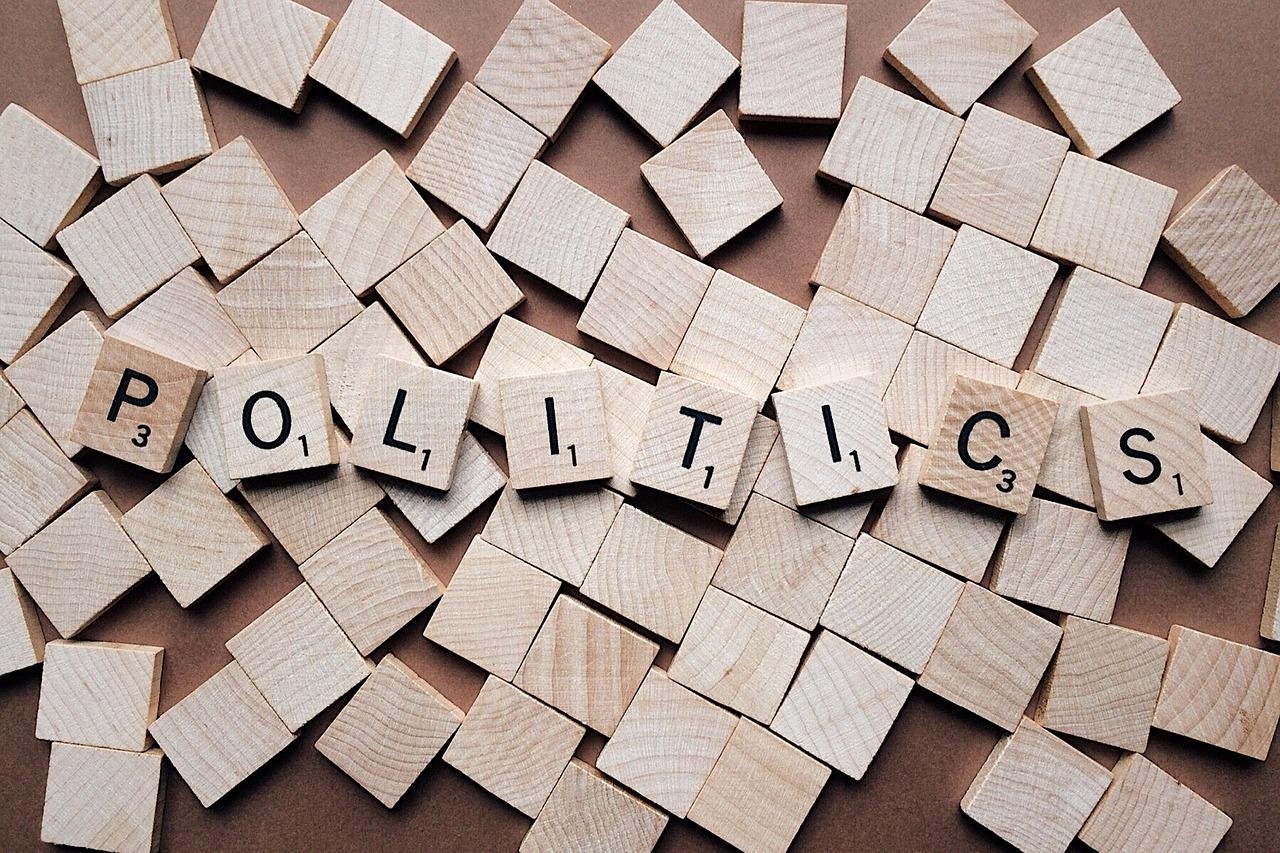Business
Experts Confirm: Delegates Have Freedom to Choose Democratic Presidential Nominee

Election law experts have refuted House Speaker Mike Johnson’s assertion that it is “unlawful” for Democrats to replace a chosen candidate through the democratic process. Although President Joe Biden was the frontrunner in primary voting and amassed a significant delegate count, he has voluntarily stepped down, leaving delegates free to support another candidate.
According to The Associated Press, Vice President Kamala Harris is closing in on the required number of delegates for the nomination. On July 21, Biden announced via X that he would not seek the nomination, citing his responsibilities as President. He endorsed Harris to step in as the party’s candidate.
Following Biden’s announcement, Democratic National Committee Chair Jaime Harrison emphasized that the party will follow an orderly process to nominate a candidate capable of defeating Donald Trump. Prominent Democrats, including several potential presidential aspirants, have rallied around Harris.
Johnson had previously raised legal concerns on ABC and CNN, suggesting that state rules might prohibit such a switch. However, experts argue these claims are incorrect. Edward B. Foley from Ohio State University pointed out that Biden was never the official nominee; the delegates will decide the nominee at their convention. Foley emphasized that political parties have the constitutional right to determine their nomination process.
Supporting Foley, scholar Elaine Kamarck noted that nominating procedures are internal party matters. Similarly, University of Kentucky’s Joshua Douglas dismissed Johnson’s claims as “absolutely false.” According to Douglas, the nominee is not official until formally nominated by the delegates at the convention, pointing out that states will place on the ballot whoever the party nominates.
However, the Heritage Foundation indicated potential legal challenges in some states. Mike Howell, executive director of the Heritage Foundation’s Oversight Project, pointed out that some state laws, like Wisconsin’s, could complicate candidate replacement processes. Yet, Foley dismissed these concerns, clarifying Biden’s name is not yet on any general election ballot, and the party’s nomination process is still in compliance with state deadlines.
The Democratic National Convention is scheduled in Chicago from August 19-22. The DNC plans a virtual roll-call vote before the convention to alleviate timing concerns. John Fortier from the American Enterprise Institute also noted that while state deadlines for ballot nominations are stringent, they are only applicable post-convention.
Marc Elias, a Democratic Party lawyer, confidently asserted that the Democratic nominee would appear on all 50 state ballots, dismissing any legal challenge basis. The debate underscores the complexity and legal nuances of presidential nominations in the U.S. electoral system.













![Trestle Management Vice President Marc Vasquez speaks to Rancho Mirage residents during an HOA meeting on March 31, 2025. [Monica D. Spencer]](https://arizonanews.org/wp-content/uploads/2025/04/Rancho-Mirage-Homeowners-Regain-Stability-Yet-One-Crucial-Element-Lingers-80x80.jpg)




